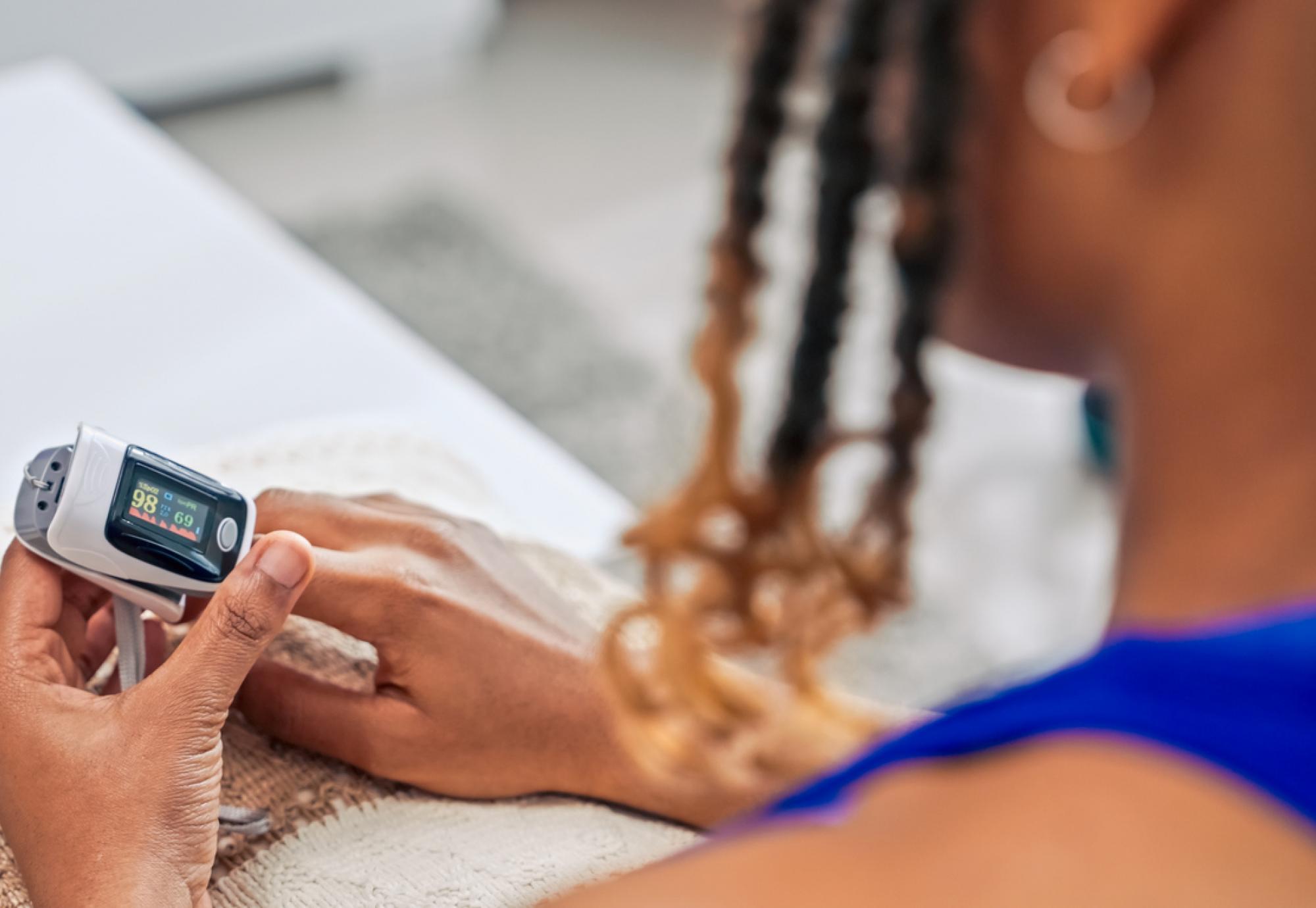The Department of Health and Social Care (DHSC) has moved to tackle ethnic bias in medical devices.
The independent review into the equity of medical devices focused on three key things:
- Pulse oximeters and other optical devices
- AI-enabled medical devices
- Polygenic risk scores in genomics
The government has “fully accepted the report’s conclusions” according to DHSC. New action will include ensuring diverse skin tones are included in datasets and upskilling NHS professionals in issues such as health equity.
The transparency of data used in AI-based medical device development will also be improved. The Medicines and Healthcare products Regulatory Agency (MHRA) will ensure regulations are safe for all patients regardless of their background, and allow more innovative solutions to go on the UK market.
The review was chaired by Professor Dame Margaret Whitehead, who is a public health expert based at the University of Liverpool.

It follows concerns that pulse oximeters, which were used during the pandemic to monitor blood oxygen levels, were not as accurate for darker skin tones.
The report found “extensive evidence” of these devices overestimating blood oxygen levels in patients with a darker skin tones to a greater extent than those with light skin.
While evidence exists of the harm this inferior performance has caused in the US healthcare system, the report found no such evidence within the NHS.
Dame Margaret highlights that advancements in AI medical devices could be hugely beneficial, but inherent bias could also negatively impact certain groups.
She said: “Our review reveals how existing biases and injustices in society can unwittingly be incorporated at every stage of the lifecycle of AI-enabled medical devices, and then magnified in algorithm development and machine learning.
“Our recommendations therefore call for system-wide action, requiring full government support. The UK would take the lead internationally if it incorporated equity in AI-enabled medical devices into its Global AI Safety initiatives.”
The role and impact of AI will be explored heavily at National Health Executive’s Digital Health event.
Chief executive at MHRA, Dr June Raine, added: “The MHRA acknowledges that inequities can exist within medical devices and we therefore welcome the publication of Dame Whitehead’s independent review.
“We are highly committed to ensuring equitable access to safe, effective and high-quality medical devices for all individuals, and the recommendations set out in this report will support and strengthen the impact of our ongoing work in this area.”
NHS Providers’ deputy chief executive, Saffron Cordery, explained: "Patients need to be reassured that their diagnoses and care cannot possibly be compromised by any ethnic or other 'biases' in medical devices.”
Leaders know more needs to be done to tackle deep-seated structural racism, added Saffron. She concluded: "Trusts work hard to tackle and get to the roots of existing inequalities in care and the action plan set out today is a welcome boost."
Image credit: iStock



















